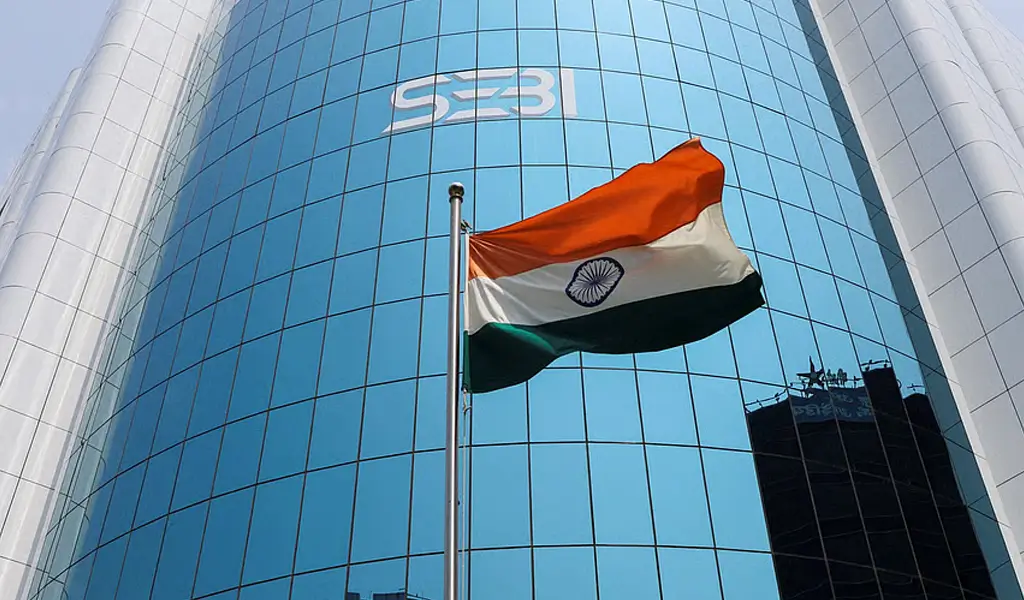Introduction
- On September 24, 2024, the Securities and Exchange Board of India (‘SEBI’) issued a circular to streamline the application process for public issues of debt securities, non-convertible redeemable preference shares, municipal debt securities, and securitized debt instruments with that of public issue of equity shares and convertibles.
- The circular mandates the use of Unified Payments Interface (UPI) for individual investors applying for such securities through intermediaries, aligning the process with existing norms for equity and convertible securities.
- The move comes as part of SEBI’s broader initiative to simplify and align processes across various segments of the securities market.
- In the past, investors in public issues of equity shares and convertible securities had already been introduced to UPI as a payment mechanism. However, the process for public issues of debt securities, municipal debt securities, securitized debt instruments, and non-convertible redeemable preference shares was not aligned with the UPI-based framework.
- SEBI, through this circular, aims to harmonize these processes, ensuring a consistent investor experience while leveraging the efficiency, security, and convenience that UPI offers.
- The circular applies to all individual investors who are applying for public issues of:
- Debt securities
- Non-convertible redeemable preference shares
- Municipal debt securities
- Securitized debt instruments
Usage of UPI for Application Process
- Individual investors applying through intermediaries (syndicate members, registered stock brokers, registrars to an issue and transfer agents, and depository participants) must use UPI for blocking funds if the application amount is up to ₹5 Lakh. This is similar to the process already in place for equity shares and convertible securities.
- Investors will need to provide their bank account-linked UPI ID in the bid-cum-application form submitted to intermediaries. UPI will be used to block the corresponding amount in their bank accounts, which adds an extra layer of security and efficiency to the transaction.
- While UPI is now mandatory for applications through intermediaries, individual investors will still have the option to apply through other channels, such as: Self-Certified Syndicate Banks (SCSBs) , Stock Exchange Platforms.
- This ensures that investors who may not prefer UPI or have larger transactions can continue using other existing methods.
- The provisions of the circular will be applicable to public issues of debt securities, non-convertible redeemable preference shares, municipal debt securities, and securitized debt instruments opening on or after November 1, 2024. This gives market participants ample time to adapt to the new requirements.
Impact of the Circular
The introduction of UPI for public issue applications in the aforementioned securities is expected to have a positive impact on the market in the following ways:
- Enhanced Efficiency and Security: UPI simplifies the payment process by allowing funds to be blocked in real time and eliminating the need for physical cheques or demand drafts. This also reduces the risks associated with paper-based transactions.
- Faster Processing: The use of UPI can speed up the application process, as funds are blocked instantly, and the allocation of securities can proceed without delays related to payment confirmation.
- Increased Investor Participation: With UPI’s widespread use and popularity, more retail investors may find it easier to participate in the public issues of debt and related securities. UPI’s ease of use can encourage a larger section of investors to engage in these markets.
- Cost Reduction: UPI minimizes the administrative burden for both investors and intermediaries, eliminating costs related to handling physical forms, cheques, and demand drafts.
Conclusion
- As UPI continues to revolutionize digital payments in India, its integration into the securities market underscores SEBI’s commitment to leveraging technology for investor protection and market development.
- With the November 1, 2024, implementation date approaching, issuers, intermediaries, and investors must prepare for this transition, ensuring that all systems and processes are aligned to support this new payment framework.
Link to the Circular : https://www.sebi.gov.in/legal/circulars/sep-2024/usage-of-upi-by-individual-investors-for-making-an-application-in-public-issue-of-securities-through-intermediaries_86972.html

